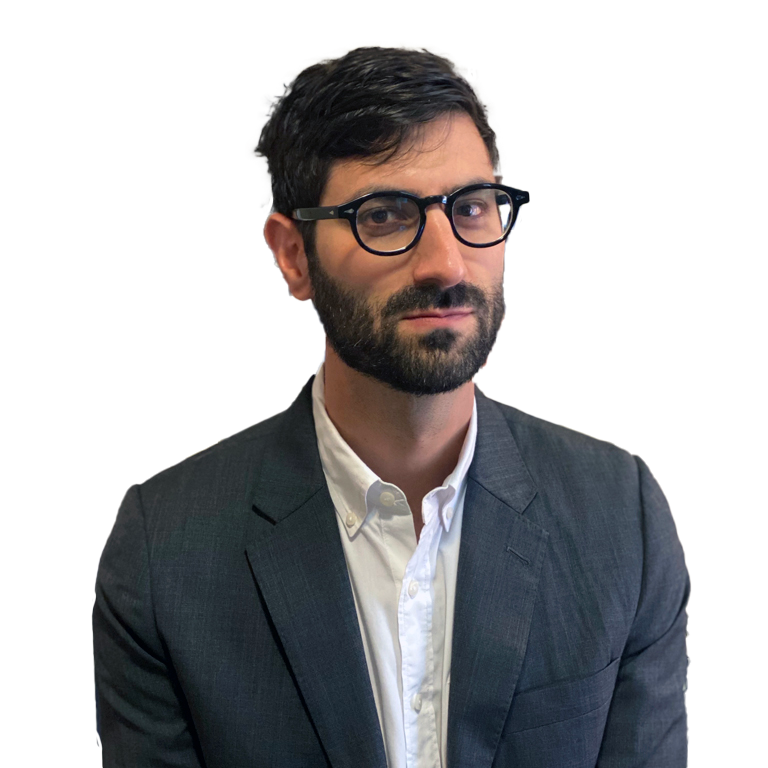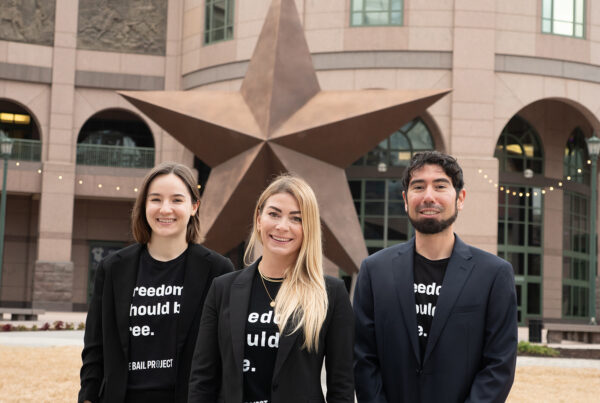Press Contact: Jeremy Cherson, Director of Communications
FOR IMMEDIATE RELEASE:
(ALBANY, NY) – In response to the adoption of Gov. Kathy Hochul’s FY24 budget by the New York State Legislature, The Bail Project offered the following comment:
Clandestine changes to the state’s laws, which occurred during this recent budget negotiation process are not only unnecessary, they also undermine years of progress and go against the ample evidence suggesting that bail reform has not increased crime throughout the state. In fact, the passage of New York State’s landmark bail, discovery and speedy trial reforms in 2019 increased fairness and equity in the pretrial process, safely decreased jail populations and reduced the number of coerced plea deals statewide. In the four years since these bills became law, we have seen study after study suggest that these reforms were implemented without increasing crime.
However, closed door bail reform negotiations have resulted in substantive policy change to laws which govern the fundamental, constitutional rights to pretrial liberty and that uphold the presumption of innocence. Gov. Hochul herself admits that inflammatory press headlines – not facts or data – are the driving factor behind this third round of rollbacks to New York’s bail law. Let us be clear: there is no data indicating that New York’s pretrial laws have led to any increase in crime —and a plethora of evidence to the contrary. Still, bail reform has become an easy target for elected officials looking to respond to politicized “tough on crime” rhetoric and media fear-mongering.
Policies which govern our due process rights and pretrial liberty should not be negotiated behind closed doors and in response to incendiary media articles. Instead, like all effective policy making, they should be rooted in evidence and the same deliberative, stakeholder-inclusive process that was used for the passage of the original reforms.
Thank you for your valuable attention. The urgency and complication of the cash bail crisis requires meaningful participation to create real change – change that is only achieved through the support of readers like you. Please consider sharing this piece with your networks and donating what you can today to sustain our vital work.












